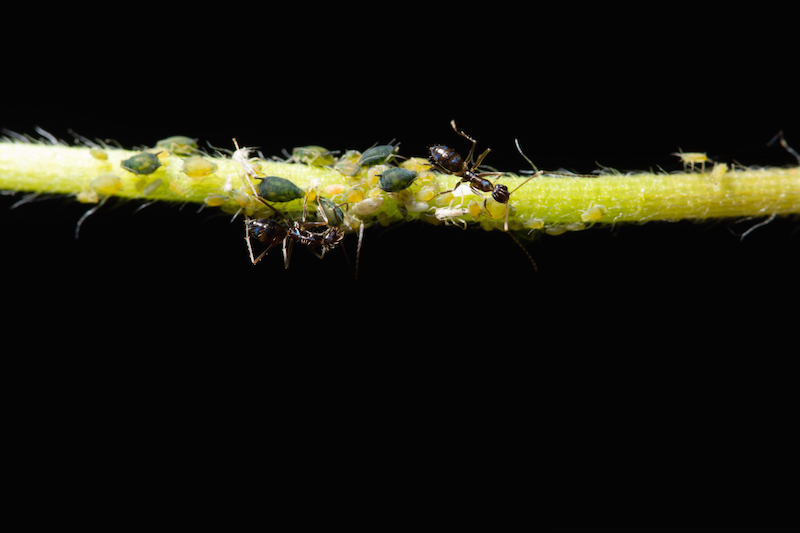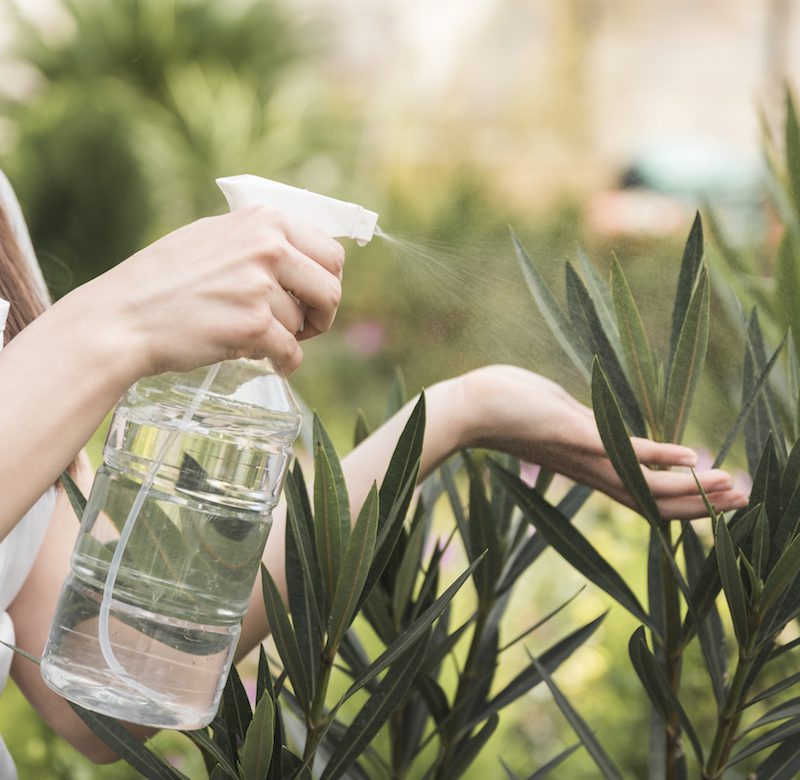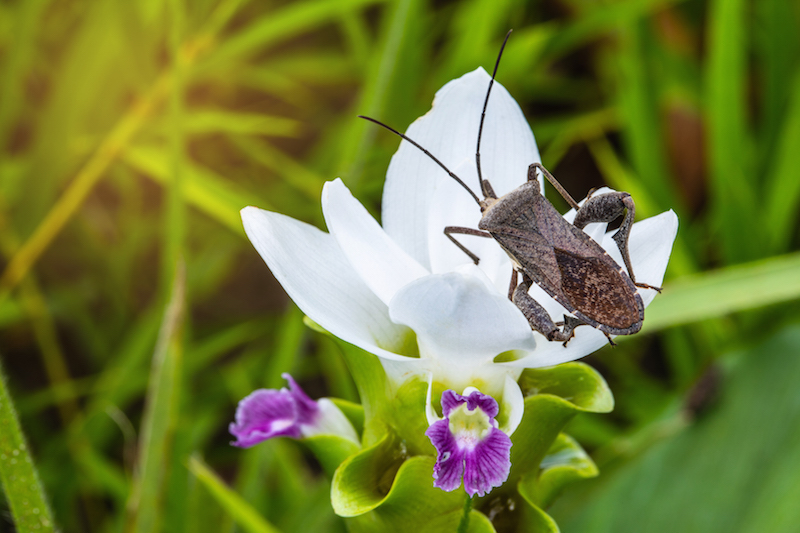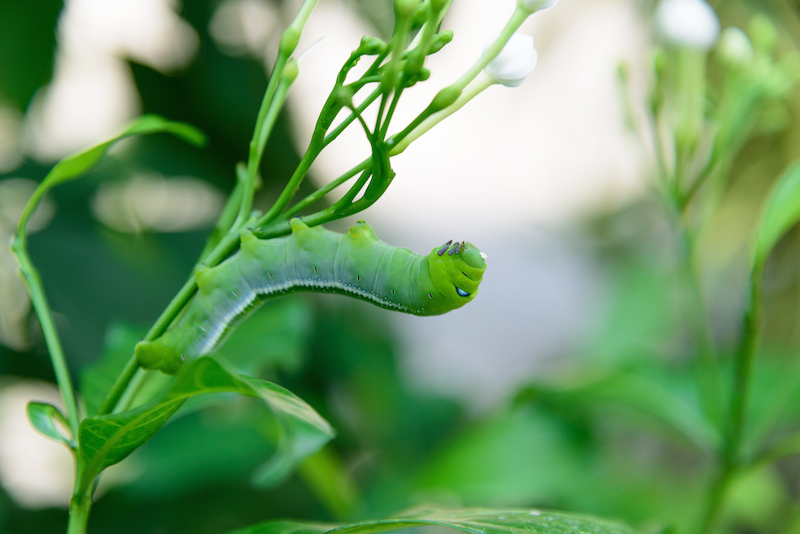Summertime is when many gardens are flush with some of the most delicious, flavorful and tempting tastes of the summer. With tomatoes, summer squash and other treats growing, it is no wonder that pests are also attracted to the beautiful colors and exciting flavors of summer. This is why knowing how to prevent common garden pests will keep your backyard garden full of flavors, instead of pesky bugs and rodents. And luckily, most garden pests can be dealt with naturally, and quickly!
Aphids Can Cause Big Problems

Aphids are a very common garden pest. They target a large variety of crops, meaning they can cause a lot of damage for a lot of types of plants. Naturally, their predators include ladybugs and lacewings. They also are repelled by onions – which means if you plant onions throughout your garden, aphids will move on to the next garden space. You can also try:
- Soap and Water: dilute a tiny bit of dish soap with water and spray on infected plants
- Peppermint, clove and rosemary oils: Add a few drops of each essential oils and fill with water then spray on to plants.
- Neem oil: dilute with water and spray on plants. Neem oil will actually repel aphids eliminate aphids from even approaching your garden.

Squash Bugs
Squash bugs are a dreaded pest. They can destroy large, healthy plants in a matter of only hours! This means that you have to be very attentive of your plants to ensure that if you see on, or any squash bugs eggs, you immediately remove them from your plants.

- Handpick the bugs and the eggs off daily. It is even recommended you look in the morning and in the evening. Once you find the bugs or the eggs, drop them into a bucket of soapy water.
- The eggs are golden colored and tend to be hidden on the underside of the leaves. Be sure to look on both sides of the leaves and remove the eggs as soon as you see them.
- The Tachinid fly will eat the bugs and the eggs. Plant your squash with flowers and herbs to attract the Tachinid fly.
Hornworms or Tomato Bugs
Hornworms, commonly known as Tomato Bugs, are fat, green worms. They are easily camouflaged in your garden but may make you take a step back once you see it. Many people find their dropping before they find the actual bug because they are so adept at hiding. Tomato bugs will destroy your tomato plants if you do not eliminate them. Indicators that you might have a hornworm infestation are leaves that have large holes, devoured flowers, and/or scarring on the fruit surfaces.

- Till your soil before you plant. Research has shown that when you till your soil before planting, it will destroy up to 90% of the wintering larvae in the soil.
- Plant herbs, such as basil, thyme, dill and oregano in your gardens. These plants attract Braconid wasps, which feast on the tomato bug.
- If you see wasps, let them spend time in the garden, they will lay their eggs on the back of the tomato bug. The larvae will then feed off the hornworms and eliminate your problems.
Call for Help
If your garden pest problem becomes more than you can DIY, give our pest specialists a call. Our team of highly trained technicians will be able to assess, diagnose, and help you solve your most frustrating garden pest problems. For a free consultation, call 1-800-471-5555 today.
AANTEX Pest Control offers a variety of free inspections and services the entire Bay Area. 1-800-471-5555

